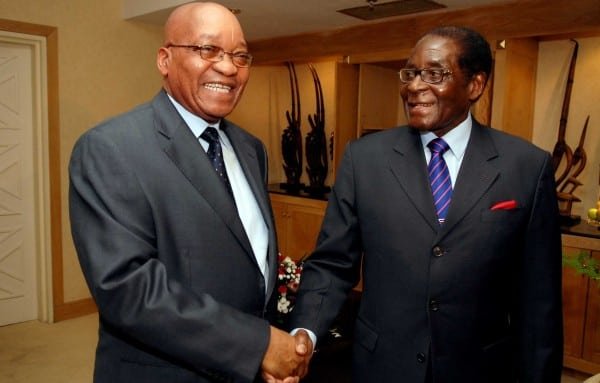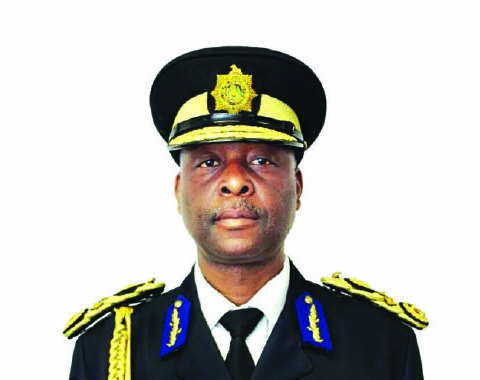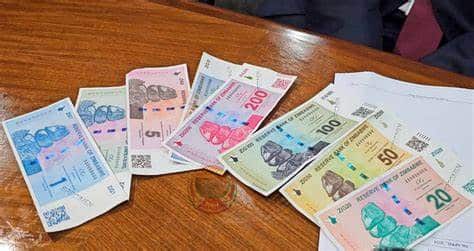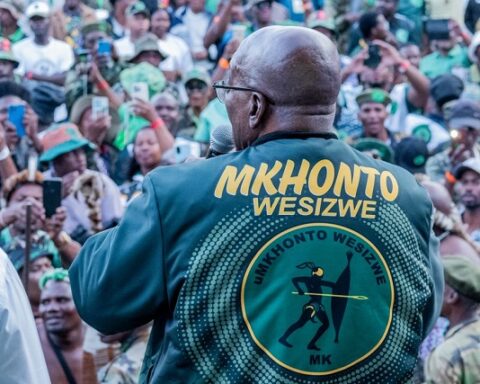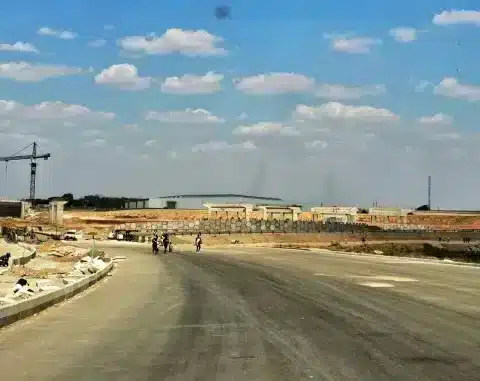Harare – Frail, unsteady on his feet and hard to hear, but Robert Mugabe was clear minded on being determined to find out how the Zimbabwe economy recently fell victim to “subversion”.
The Zimbabwean president said he wanted help to protect his country’s economy from “cyber” attacks.
He was speaking in Pretoria at the Bi-National Commission, formed in 2015 to forge closer ties between South Africa and Zimbabwe.
There were “bitter lessons” to be learnt from this episode, Mugabe said, claiming the attacks had “undermined our economy. It was abuse. A cyber attack”.
Zimbabwe did not have the cyber skills to prevent any future “attack”, he said, but “some of our friends (would) know how to protect our economies from subversion”.
Mugabe, 93, was referring to two days of panic buying and long queues last month, mostly in Harare, connected with the recent fuel shortage and consumers rushing to supermarkets to buy foodstuffs like cooking oil which quickly ran out. They paid for the goods electronically – as there is almost no cash in Zimbabwe – which crashed electronic cash movements between banks, called Zim Switch.
Zimbabwe has no currency of its own, and has run out of its chosen money, US dollars, both in the banks and cash notes on the streets. There is a black market between US dollars and Bond Notes, the currency Zimbabwe began printing a year ago and supposed to have the same value as American cash.
During those two days of panic buying, the rate of exchange between real cash and electronic money soared and many shopkeepers quickly raised prices.
Zimbabwe is not only short of US dollars in the banks, it is also chronically short of all foreign currencies to pay for imports, or to pay foreign debts, or even pay suppliers, such as those in South Africa.
During those chaotic two days, inflation began soaring and the black market between real cash – US dollars and debit cards and phone cash – roared ahead.
Many in the queues admitted they were panicking and nervous that Zimbabwe was returning to the catastrophic crisis of 2008 when there was no food in supermarkets; hospitals and schools closed and the Zimbabwe dollar lost all its value and was abandoned by both banks, and people on the streets.
Mugabe and several of his cabinet ministers and senior public servants were meeting Zuma and some of his cabinet colleagues at the Bi-National Commission.
Zuma said the commission must meet every year to “strengthen and consolidate our bilateral partnership”. Zuma said Zimbabwe and South Africa had to concentrate on reforming the Beit Bridge border post. “This border post is the busiest border post on the continent. Much of our goods and services go through it. We cannot afford continued unnecessary delays. It is therefore urgent that we start in earnest establishing a One Stop Border Post – a decision taken as far back as 2009.”
Mugabe said many Zimbabweans, including himself, were educated in South Africa and that the two countries were not only neighbours but close, culturally. (Mugabe attended Fort Hare in the 1950s.)
To much applause, Mugabe said: “One can choose friends but one can’t choose one’s enemies. Let me assume we could choose a neighbour, well, we would still have chosen you, South Africa. We are one family.”
Since the last the Bi-Commission meeting in Harare last year, he said, “much has been done to bring to fruition decisions taken then to reinforce our strategic partnership to achieve profound transformation of our economies. Let us promote cross -border ventures”.
Zimbabwe had reformed ease of doing business and reduced delays in establishing new businesses, he said. Despite recent droughts Zimbabwe had “ample” rain last season.
Trade and Industry Minister Rob Davies said the SADC would have to deal with Zimbabwe’s move last year when, to save foreign cash, it banned importation of many South African manufactured products. “The SADC Committee of Ministers of Trade have to apply for a derogation.”
He didn’t know what Mugabe meant by his claim of “cyber attacks” on the economy it had not come up in the meeting, Davies said.
Some South African exporters to Zimbabwe regularly complain over the length of time it takes to get paid.
“The investment climate in Zimbabwe will have to improve,” Davies said.
“They (Zimbabwe) have a major problem of foreign exchange across the economy. That’s going to have to be resolved on their side if we’re going to promote more investment.Investors are going to want to see stability and security, certainty.”
Foreign Bureau
